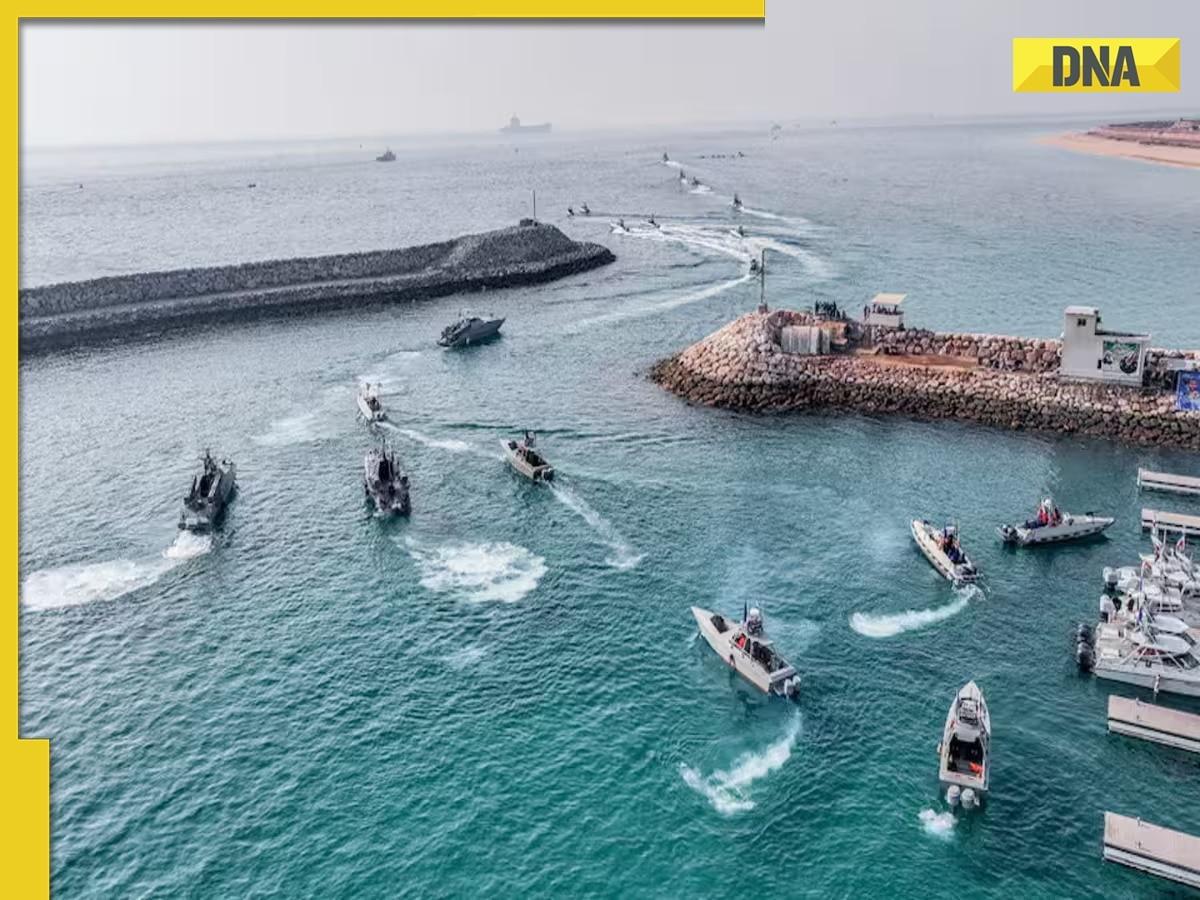
Almost a week ago, China reaffirmed its support for Abu Dhabi’s stance on the contested ownership of three strategic islands claimed by both Iran and the United Arab Emirates (UAE). The ongoing conflict revolves around the Greater Tunb, Lesser Tunb, and Abu Musa islands situated in the crucial Strait of Hormuz. Iran has maintained control over these islands since 1971, a hold the UAE continues to challenge as it asserts its territorial rights.
The recent development unfolded during the China-Arab States Cooperation Forum held in Beijing, where a statement was issued backing the UAE’s diplomatic efforts to negotiate a peaceful resolution through direct talks. Chinese officials emphasized their support for the UAE’s perspective, suggesting a need for dialogue to settle the issue. However, this position has not sat well with Iran, which argues that its decades-long control of the islands negates the need for any such discussions.
This diplomatic rift prompted Iran to summon Cong Peiwu, China’s new ambassador to Tehran, for an official meeting. During this encounter, Iranian officials explicitly urged Beijing to “change its position” on the disputed islands. Nevertheless, after these high-level discussions, Beijing stood firm, reiterating that its original statement accurately reflected China’s views on the issue.
The motives behind China’s stance are subject to analysis. It is conceivable that Beijing might be trying to curry favor with the UAE without expecting a major fallout over the islands. Alternatively, China’s unwavering position could be seen as a strategic bid to balance its relations with both Iran and its adversaries. Regardless, what is clear is that the relationship between Iran and China is under strain.
This isn’t the first instance where the three islands have generated friction between Tehran and Beijing. A similar diplomatic skirmish occurred in December 2022 when China issued a joint statement with the Gulf Cooperation Council analogous to the recent one. Iran reacted strongly, summoning the Chinese ambassador and expressing its indignation. Former Iranian President Ebrahim Raisi even raised the issue with the Chinese vice-premier during his visit to Tehran. Although official relations carried on, Beijing didn’t emerge unscathed.
. The episode heightened concerns among Iranian politicians about China’s influence in their country, leading to harsh criticisms and suggestions to reconsider Iran’s traditionally steadfast support for China on critical issues like the Uyghur crisis and Taiwan’s status.
For these Iranian officials, the notion that China could seemingly disregard Iran’s sovereignty over the islands led to calls for Tehran to potentially reciprocate by challenging China’s interests. These concerns touch on a fundamental aspect of the Iran-China relationship, which has long been underpinned by principles of sovereignty and mutual non-interference. If these ideals are perceived as merely rhetorical, then the rationale for Iran to maintain its close ties with China could be brought into question.
One compelling reason for Iran to preserve its relationship with China lies in its extensive international isolation, a situation underscored by recent events at the International Atomic Energy Agency (IAEA). On June 5, the IAEA voted to censure Iran for its lack of cooperation, a decision opposed by China and Russia. Although this opposition didn’t prevent the non-binding censure from passing, it highlighted the limited but significant backing that Tehran still receives from Beijing on the global stage.
In a joint statement with Iran and Russia, China issued a call for Western nations to demonstrate political will, reduce tensions, and take constructive steps to revive the Joint Comprehensive Plan of Action. Despite occasional disputes, it is this sort of diplomatic and political support that bolsters the Iran-China relationship.
Tehran’s geopolitical isolation, exacerbated by international sanctions and political marginalization, makes China a vital partner. Although some Iranian voices decry China’s economic dominance, the nation’s support has been a lifeline for Iran, especially economically. Beijing’s willingness to engage with Iran despite widespread international pushback has been crucial.
In this context, Iran’s response to China’s statements on the islands can either escalate tensions or be managed pragmatically. While expressions of discontent are inevitable, Iranian officials likely prioritize the economic and political benefits derived from their alliance with China. Thus, despite the occasional diplomatic discord, Tehran appears determined to sustain its relationship with Beijing, recognizing the broader advantages it provides.
In conclusion, the Iran-China relationship, though sometimes fraught with complications, remains essential for Tehran. The current dispute over the Greater Tunb, Lesser Tunb, and Abu Musa islands underscores recurring tensions, yet it also exemplifies the pragmatic diplomacy that both nations employ to navigate their complex but mutually beneficial partnership.












